|
I listened to Black Indians (1986; rev. 2012), written by William Loren Katz and narrated by Bill Andrew Quinn. It examines the intersection of Black and indigenous cultures in North America and what would become the United States.
Okay, I just looked it up and Katz died in 2019 (age 92!) so it won’t hurt his feelings if I criticize the book a little. I was hoping for more discussion of the broader themes of race and culture, but that is perhaps a contemporary bias. I shouldn’t expect much sociology in a forty-year-old history book. A kinder perspective would be to appreciate that Katz, a white man, did scholarship about minoritized groups well before that was common in the literature, even if it does wander sometimes into the noble savage stereotype. Katz is strongest when speaking about individuals. Of the people he describes, three stand out:
0 Comments
If I had the power to compel 330 million Americans to read one and only one book, it would be The Autobiography of Malcolm X (1965).
When I first read it as an adult, I knew Malcolm X was a controversial figure in the civil rights movement, but like most Americans, my high school education focused on the Greensboro Woolworth’s sit-ins, Rosa Parks, and Dr. King’s “I have a dream” speech—all the parts that are palatable to contemporary school boards. I did not know what to expect. It is a vivid document of race and religion in the twentieth century, but it’s also a thumping good story. When he is a child, Malcolm’s father is murdered, his mother hauled off to a psych ward. After some time in the Michigan foster system, he goes to Boston to live with his sister Ella, who is such a charismatic figure that she nearly outshines Malcolm in his own autobiography. The next few years are one big party, filled with alcohol and drugs. He takes a job shining shoes at a club, where he hears Peggy Lee when she first makes it big. He hangs out with his buddy Redd Foxx. He socializes with Billie Holiday, as one does. He takes his white girlfriend out dancing. He sells drugs. He robs rich people. Inevitably he is caught. It is in prison that he discovers the Nation of Islam. It transforms him. It is also in prison that he begins to read. He devours books, giving himself the education he never got in school. After his release, he becomes a minister in the Nation of Islam. He teaches that white people are white devils. He opposes integration. He gains fame as a spokesman for the Nation of Islam. For seven years he devotes himself to his religion, until he has a falling out with the leader, Elijah Muhammad. And then he travels to Mecca and has an epiphany. On seeing faithful Muslims of all colors, he realizes that white people are not devils, or at least not all of them. He returns to America and begins teaching from this new place of understanding, though he struggles to shed his old reputation. The book was written by journalist Alex Haley, based the book on interviews he conducted with Malcolm X. I particularly enjoyed the audiobook, narrated by Laurence Fishburne. I’m going to close with two passages: “My greatest lack has been, I believe, that I don't have the kind of academic education I wish I had been able to get—to have been a lawyer, perhaps. I do believe that I might have made a good lawyer. I have always loved verbal battle, and challenge. You can believe me that if I had the time right now, I would not be one bit ashamed to go back into any New York City public school and start where I left off at the ninth grade, and go on through a degree.” “I have given to this book so much of whatever time I have because I feel, and I hope, that if I honestly and fully tell my life's account, read objectively it might prove to be a testimony of some social value.” I picked up Jared Yates Sexton's The Midnight Kingdom not knowing what it was about, but trusting I'd enjoy it based on the author's previous book The Man They Wanted Me to Be, a memoir about masculinity in America.
This one is a history book that helps explain the interesting times we are living in. Some of it is religious history, looking at the origins of Christianity all the way through to contemporary conservative evangelical beliefs. Some of it is a history of race, racism, and white supremacy. And a great deal of it is about the history of capitalism, with a focus on neoliberalism there toward the end. The Midnight Kingdom is history popcorn if you have progressive politics. If you aren't out here on the lefty side of things, you'll probably hate this book, sorry. And while many of the ideas were familiar to me, I was grateful to have a cohesive narrative laying out the story of how we've reached a point in history that feels, to me anyway, fragile. I can't pretend this book made me feel better, haha no, humanity keeps repeating the same goddam mistakes only now we've got AI and Elon Musk is the most powerful person in the world, this is exceedingly not good. Also there's climate change. But I appreciate being better informed. That's something, right? That is still worth something I had planned to do horror books throughout the month. I started a new-to-me writer, Gemma Files, but there was heavy gun violence in the opening chapters, and this was not the week to read that.
Instead, I'll mention T. J. Klune. I've only read two of his books so far, but each one has been the emotional equivalent of hot cocoa and fat lazy cats. The only reason I'm not immediately reaching for another is that I'm trying to pace myself, one per year. The House in the Cerulean Sea is a fantasy novel and queer romance about finding family when you feel unwanted. Under the Whispering Door is a fantasy novel and queer romance with a redemption arc. You know that warm feeling you get inside when Scrooge looks out the window on Christmas morning, wondering what day it is? Same emotional payoff here. For books that will inform you or give you ideas for addressing a social problem...how about Isabel Wilkerson's Caste? I've read extensively about race and racism, and hers is one of the best. It's a long book and a longer audiobook, but it flew by, which is not something I often say about meticulously researched social histories. The Address Book is about street addresses, street numbers, and street names, which sounds dreadful, like the textbook for a course on municipal planning, but Deirdre Mask makes it fascinating. This is maybe my favorite type of nonfiction, the deep dive into subjects you never knew you cared about.
Some writers attempt this, but instead of crafting a compelling narrative, they produce a book full of the neat facts they found while doing their research. Those books read more like encyclopedias than stories. There are neat facts aplenty, to be sure. If you ever wondered why the vaguely dirty sounding Grope Lane is so prevalent in English towns, you may be surprised to find this is the cleaned up version. Grope C*nt Lane used to be the name of the place where you could find prostitutes, which is a fine example of truth in advertising. But Mask hangs all these neat facts on the larger human interest story. In the United States and throughout the world, a physical address is a crucial component for getting out of poverty. You can't open a bank account to save money or receive direct deposits if you don't have a home address. You can't apply for jobs. You can't receive mail. This is a blend of history, social science, human rights, geography, medicine, and various other areas of interest, recommended for fans of Mark Kurlansky and Mary Roach. It was published in April 2020, when we were reading sourdough bread recipes and reports of mounting casualties and overwhelmed hospitals, so you probably missed it when it came out. Go back and give it a read. A version of this post originally appeared on March 4, 2023.
For Women's History Month, meet Charity Bryant and Sylvia Drake. Charity hailed from an erudite family--she was aunt to William Cullen Bryant, known for "Thanatopsis" and other poems--but Sylvia was no slouch herself, and they wrote reams of letters over the decades. From this correspondence, historian Rachel Hope Cleves reconstructs how two lesbians lived as a married couple in 19th century Vermont. I will confess I zoned out occasionally--many of the letters took the form of poems, and there is only so much early American poetry I can take--but I was glad to discover the Bryants' story. There is a lot of drama here. Before meeting Sylvia, Charity was popular with the ladies, and I can't forgive how she done Lydia wrong. There's also a lot about the social life, religion, and lifestyle of people in the decades following the Revolution. For one thing, people generally were more accepting of a same-sex marriage than I would have guessed. Of course there was some prejudice, and the two women themselves struggled to reconcile their lesbianism with their religion, but they were not pariahs. Far from it: they were esteemed members of the community. Remember this the next time someone claims that gay marriage is a recent invention. A version of this post originally appeared on February 25, 2023.
With The Cooking Gene, Michael W. Twitty writes a book that's not quite like anything I've read. He blends culinary history, memoir, genealogy, family history, Black history, social justice, spirituality and religion, and travel, delivered with prose that often verges on the poetic. It's hard to summarize. This is the story of how African food became African-American, but it's also the story of how one man learned more about his place in the world: by cooking traditional foods with traditional methods, by studying census records and historical newspapers, by exploring the limits of DNA ancestral discovery. Though Twitty celebrates soul food, do not mistake this for a joyful book. He mines four hundred years of trauma and violence to write this story. I was emotionally taxed as I read it, and it's not my ancestors who were enslaved. I recommend the audio. Twitty narrates with a mid-Atlantic Black accent that adds to the experience. A version of this post originally appeared on February 11, 2023.
In 1822, a free Black man named Denmark Vesey planned a revolt that, if successful, would have liberated enslaved people in Charleston, SC. The book Denmark Vesey's Garden is not about that. Instead, scholars Ethan J. Kytle and Blain Roberts study the memory of slavery in Charleston and the United States. The book is about history, but more importantly, it's about how we shape and select the stories that we call history. Normally it's the victors who get to craft the narrative of war and its aftermath, but with the American Civil War*, the losing side got to write that history. And are still getting to: we're seeing right now how the political machine in Florida colluded with the AP Board to defang African American history in high school classrooms. *aka the War Between the States or, even better, the War of Northern Aggression. The battle to control the narrative of history goes back a long, long way. For instance: After the war, there was a group called the Society for the Preservation of Spirituals, composed of history buffs who performed the slave songs. This group consisted entirely of white ladies, who believed themselves better able to preserve and interpret negro spirituals than formerly enslaved people or their descendants. It is not cultural appropriation every time a white person sings a Black song, but this? The ladies of the Society for the Preservation of Spirituals acted like they invented cultural appropriation. Then there was Miriam B. Wilson, born in 1879 in Ohio and raised to understand that chattel slavery was, you know, morally wrong. Then she moved to Charleston and went native. With the paternalism that characterizes so many white people to the present day, she opened the Old Slave Mart Museum and used it to soften the image of slavery. On viewing an image of an overseer with a whip, she concluded that whips weren't necessarily used on people. And while it is true that some slaves had whip marks on their backs, she reasoned that these might have been tribal tattoos, or perhaps they'd injured themselves to garner sympathy with abolitionists. We all know someone--frankly we're all RELATED to someone--who has unfortunate interpretations of political and social reality, but this someone is not running the only museum about slavery in a city that was a major port in the Atlantic slave trade, now are they. A final example: you may be aware of the Federal Writers Project, part of the Works Progress Administration in the Great Depression. As one part of the FWP, historians interviewed formerly enslaved people to collect their oral histories. The interviewees often spoke highly of their former masters--but of course they did. The interviewers were white. They knew the consequences of telling the truth. But those times when they did feel bold enough to discuss the ugly truth of slavery, the historians assumed they were lying (because Black people are prone to fibbing. It's common knowledge). I enjoyed the audiobook, narrated by Tom Perkins, and I would like to take pains to observe that the authors and I overlapped at the University of North Carolina, which means we're practically friends. A version of this post originally appeared on February 4, 2023.
You know how some guys are reallllly into the Civil War or realllly into World War II? That's me with Russian history, though I want to stress that I do not dress up in period costume to reenact Pugachev's Rebellion. With Russian literature as my gateway drug, I went on to major in Russian history as an undergrad. I daydreamed about continuing my studies, though that would have been impractical since my knowledge of the language is limited to a few nouns (glasnost, perestroika, and vodka). Twenty* years after graduating college, I'm doing a self-directed study in Russian history, emphasizing cultural and social themes, though if you insist on discussing military history, this is the one area where I'm competent. Bring it. Partly this is so I can better understand Putin and his invasion of Ukraine. Partly it's so I can add verisimilitude to my in-progress historical fantasy novel. Partly it's because none of you are willing to play Pugachev's Rebellion with me. This study led me to Understanding Russia: A Cultural History, by Lynne Ann Hartnett. I picked up some good lessons from it, but the audiobook production values were disappointing, so I wouldn't necessarily recommend this unless you really dig Russian history. However! This is part of the Great Courses series of audiobooks and documentaries, and here I can make an enthusiastic recommendation. They've got something for everyone. Scholars present lectures on a wide range of topics at the undergraduate level, so it's like auditing a class. Your local public library may have Great Courses audiobooks or documentaries to check out or download for free, or you can purchase them from the publisher website or wherever else you acquire your media. *what the HELL I'm writing a manuscript set in 18th century Russia. I've got two failed novels already, but the setting of this third pre-fail novel is more ambitious than anything I've tried yet. I'll be reading a whole lot of books and articles about Russian history, literature, and culture, and while I promise not to subject you all to the whole lot of it, I'm going to write about the books that are good for a general, non-Russia-obsessed audience, starting with The Story of Russia, by Orlando Figes.
Though I love history as a subject, history books tend to lose my interest, due to dry prose and lack of interpretation. Telling me facts is not as important as building a narrative around the facts. Figes is good at this historical storytelling. He doesn't just tell us that rumors about Catherine the Great's death are untrue--there was no horse involved, well endowed or otherwise--he tells us why these rumors sprang up. The writing is more engaging than most of the history out there, particularly history of this caliber. Though a book about Russia over the centuries will not be to everyone's taste, it has unfortunate relevance. The book went to press in April 2022, two months after Putin invaded Ukraine. I can't image what kind of last-minute edits Figes made, but he does a fantastic job of explaining the historical and contemporary relationship between Ukraine and Russia, and he helps readers understand Putin's megalomania. I particularly recommend this as an audiobook. Stefan Rudnicki, one of my favorite narrators, was born in Poland and does authentic east European and Russian accents. |
Book talks
When Covid first hit, I started doing book talks on social media as a way to keep in touch with people. I never got out of the habit. I don't discuss books by my clients, and if I don't like a book, I won't discuss it at all. While I will sometimes focus on craft or offer gentle critical perspectives, as a matter of professional courtesy, I don't trash writers. Unless they're dead. Then the gloves come off. Archives
February 2024
Tags
All
|

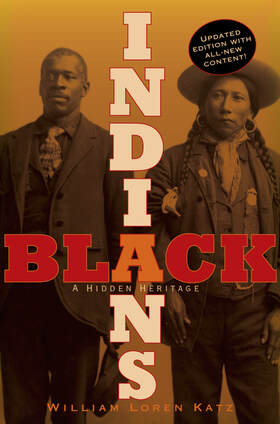
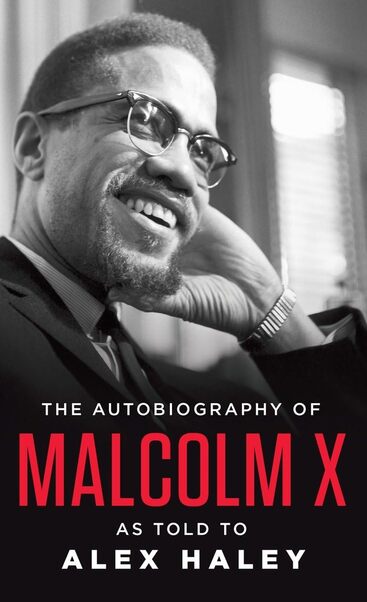
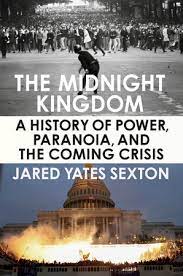
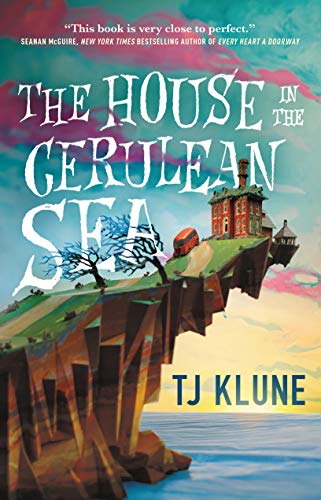
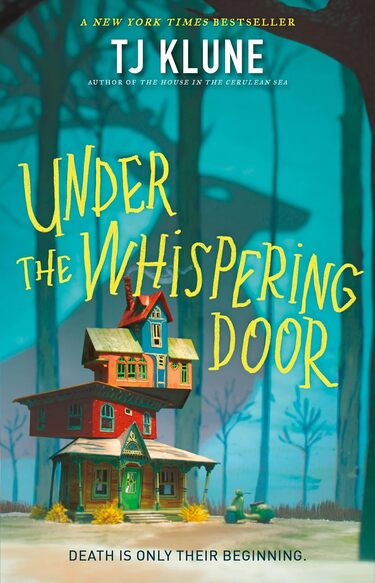
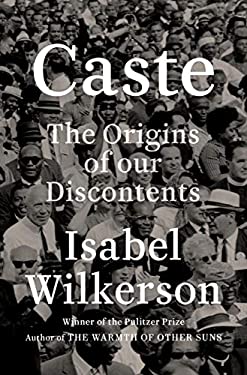
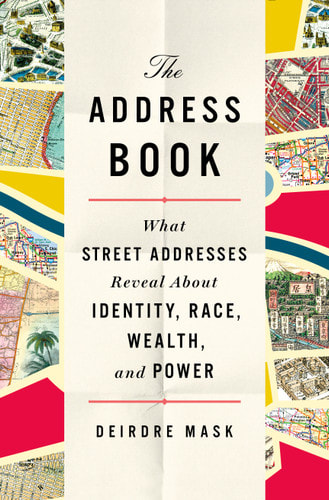
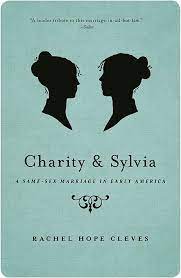
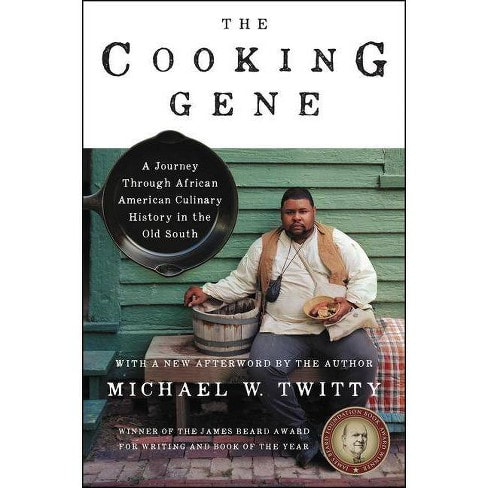
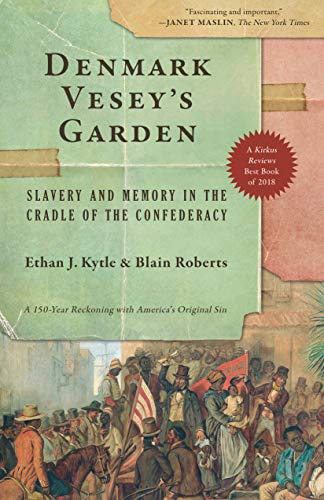
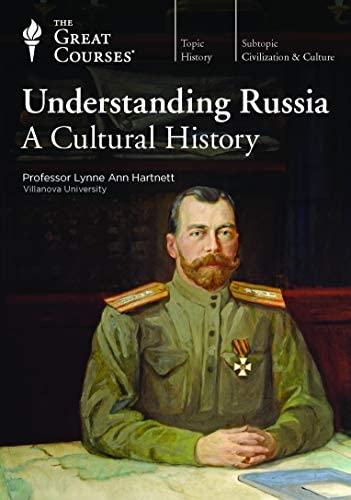
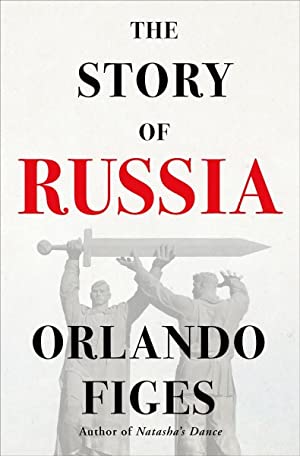
 RSS Feed
RSS Feed